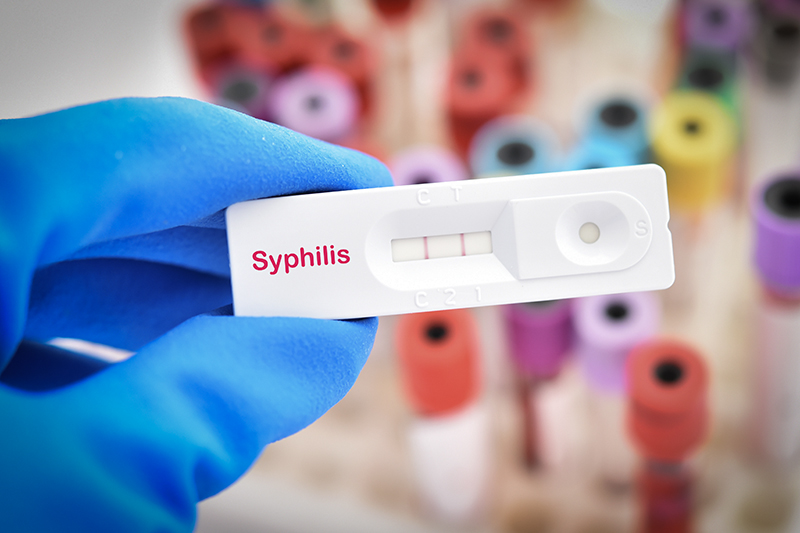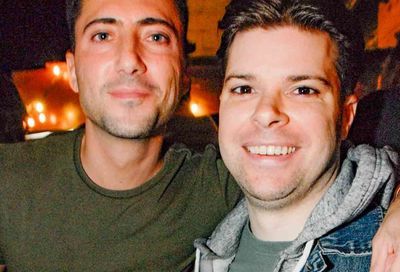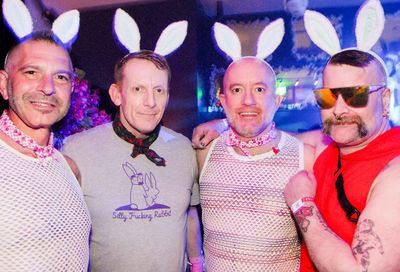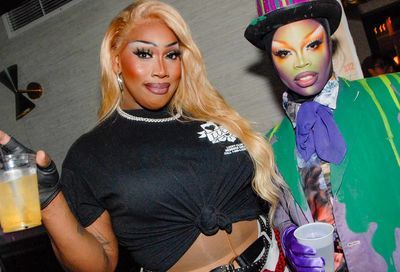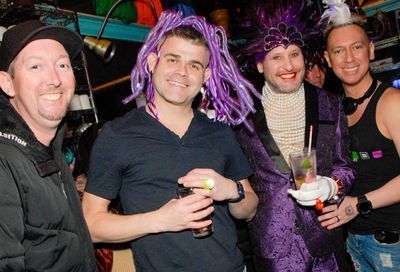Summit Strength
Advocate Christopher Dyer gets the conversation started ahead of the Gay Men's Health Summit – plus a peek at what's in store
As the District prepares for the XIX International AIDS Conference, aka AIDS 2012, locals are preparing a smaller gathering for the days just prior. And, though smaller, this Gay Men’s Health Summit may have even more to say to at least three letters of the LGBT acronym than AIDS 2012. Certainly, gay men’s health in this decade goes far beyond one virus – even if HIV has cruelly demanded our attention and our sacrifices for decades.
That’s not to say the summit is devoid of HIV/AIDS. One of the roughly 35 workshop/panels, however, sort of puts it in context: ”HIV: 30 Years of Fear, Stigma. How to Move Forward.” The Gay Men’s Health Summit, first held in Boulder, Colo., in 1999, tries to look at gay men as whole individuals, as a community, and at their connections to the rest of the world. This is not health defined as not being sick, but of health as an expression of wellbeing – mind, body and soul.
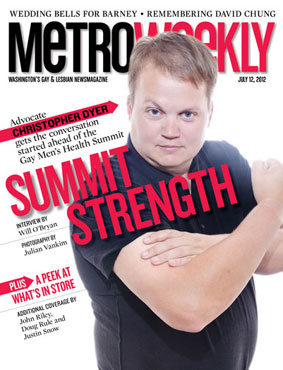
Christopher Dyer
Christopher Dyer, 42, founder of the Youth Pride Alliance, former director of the Mayor’s Office of GLBT Affairs – the man sometimes known to shake his moneymaker for a good cause as drag alter ego Cookie Buffet – is one of the men helping to organize the summit. Others are David Mariner, executive director The DC Center, the city’s LGBT community center; Raymond Robbins, also of The DC Center; Blake Cornish and David Phillips. Thanks to them, the Gay Men’s Health Summit will make its D.C. debut July 20 and 21, under a simple theme of ”Resiliency. Activism. Advocacy.”
Metro Weekly takes a look at some of the diverse lineup being readied for these two days community conclave.
First, however, to help get the ball rolling, Dyer offered Metro Weekly some of his own history with health, his sobriety, and the value of self-esteem.
METRO WEEKLY: How has health been part of your career?
CHRISTOPHER DYER: I went to college in Ithaca, N.Y., a history major. I remember getting some sort of HIV training. The thing that stuck out for me was, when you’re taking a trick home, or when you’re sleeping with someone for the first time, tell them what your status is and ask them what their status is. I wonder if that happens now, 22 years later. That stuck out with me as something very empowering.
MW: Some people might be offended by that today.
DYER: In the 1980s and ’90s, when people were still dying in droves, some of the finer points of political correctness kind of went out the window. It was stay alive.
In ’99 I got a job with the American Association of Colleges and Universities using HIV and AIDS as a way to teach liberal education. I looked at various curriculums of how colleges and universities used HIV/AIDS as a course and to teach civic engagement.
Support Metro Weekly’s Journalism
These are challenging times for news organizations. And yet it’s crucial we stay active and provide vital resources and information to both our local readers and the world. So won’t you please take a moment and consider supporting Metro Weekly with a membership? For as little as $5 a month, you can help ensure Metro Weekly magazine and MetroWeekly.com remain free, viable resources as we provide the best, most diverse, culturally-resonant LGBTQ coverage in both the D.C. region and around the world. Memberships come with exclusive perks and discounts, your own personal digital delivery of each week’s magazine (and an archive), access to our Member's Lounge when it launches this fall, and exclusive members-only items like Metro Weekly Membership Mugs and Tote Bags! Check out all our membership levels here and please join us today!


